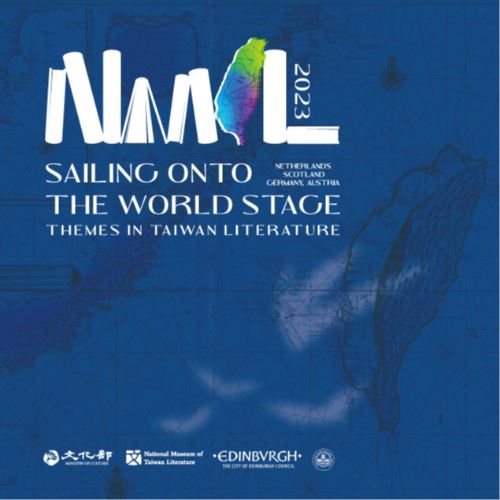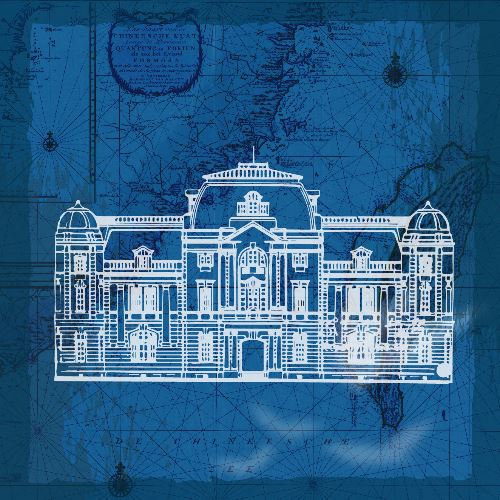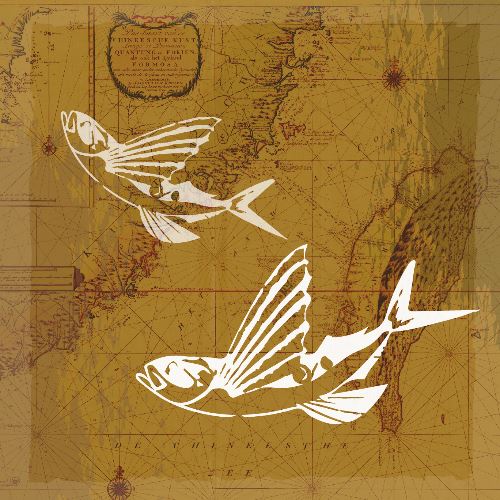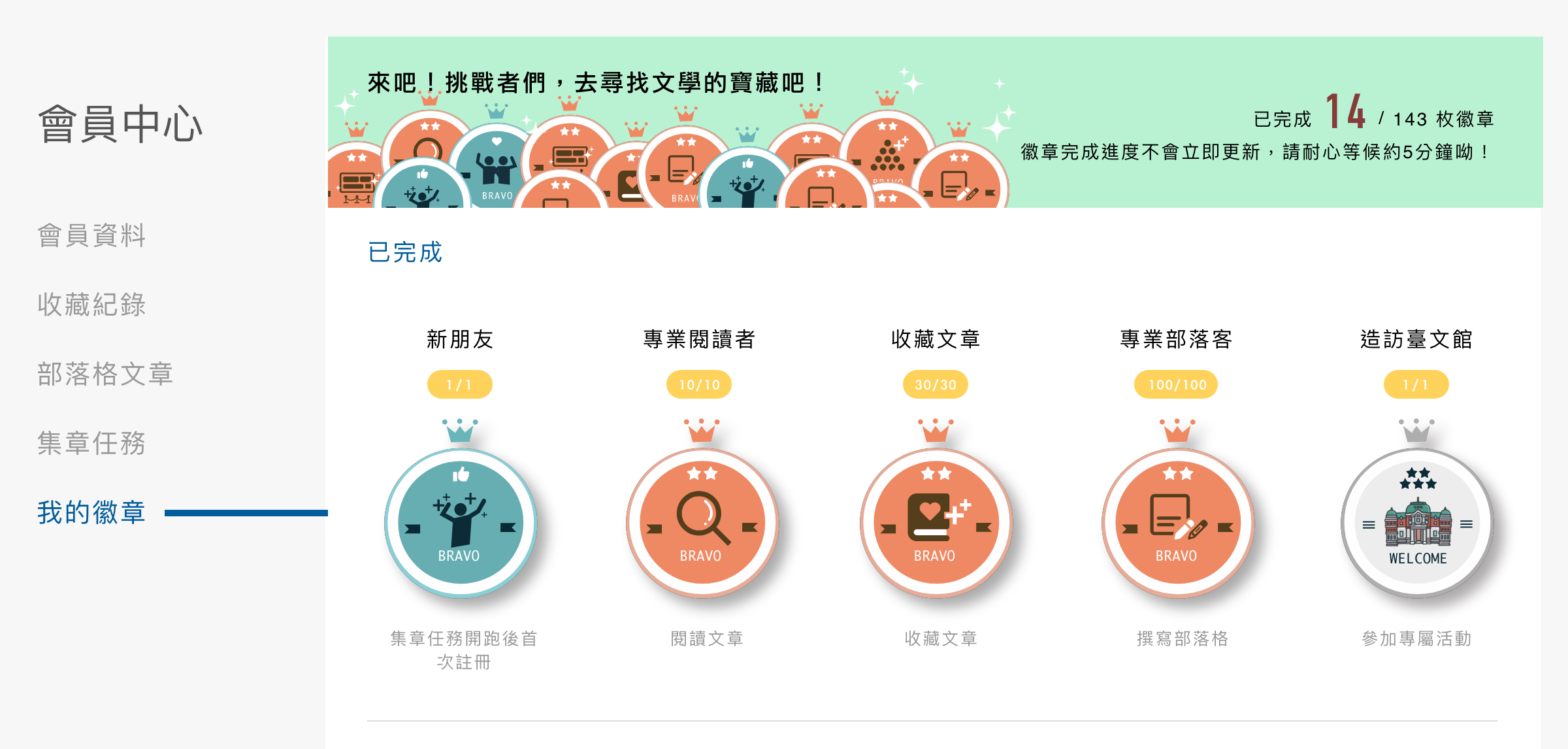The 228 Incident of 1947 and the subsequent 38 years of martial law inflicted profound historical trauma on Taiwan's society. After WWII, the authoritarian rule of the KMT government stifled freedom of speech in Taiwan. Moreover, the Nationalist government wielded its public power to suppress human rights, resulting in numerous cases of unjust imprisonment and wrongful death. During the martial law period, the state's surveillance and censorship systems made writers avoid political issues, out of fears that even mentioning politics in their works might lead to false accusations and imprisonment.

⧉ Terrible Inspection by print artist Huang Rongcan
(Courtesy of Cultural Affairs Bureau, Tainan City Government)
As the political atmosphere gradually opened up in the 1980s, writers began to dare to write about ethnic, generational, and political conflicts. Human rights literature not only recorded the stories of political victims, but also reflected the oppression of the people by the party-state authoritarian system.

It is said that his method of death was rather extraordinary. When his favus-headed inmate woke up and got up to brush his teeth, he took off his belt-less blue prison pants, looped the trouser leg around his neck, and tied it on the doorknob about the height of an average person's navel. Half squatting, half sitting, stretching his legs straight, buttocks a few inches off the ground, he stubbornly and determinedly hung himself to death.
——Shi, Ming-Zheng: "Thirsty Death," Love and Death on the Island (1983)
Driven to the utmost despair after being repeatedly revived in a prison symbolizing authoritarianism, an unnamed poet finally ends his own life with unwavering determination during his inmate's brief absence.

She went to the police station, just to report that he was hiding a case of books. That day, the people who came did indeed ransack the house and the book rental store. They also took away that locked box of books. But that was it. Saying that he was executed by shooting? That's probably a mere scare tactic. After Wen-Hui and her mother rushed to Banbachō, she had no choice but to believe it.
——Kuo, Song-Fen: "Moon Seal," Running Mother and Other Storie (2022)
Intending merely to get her husband back, Wen-Hui is driven by jealousy to snitch on the study group, inadvertently pushing her beloved husband onto the execution ground.










